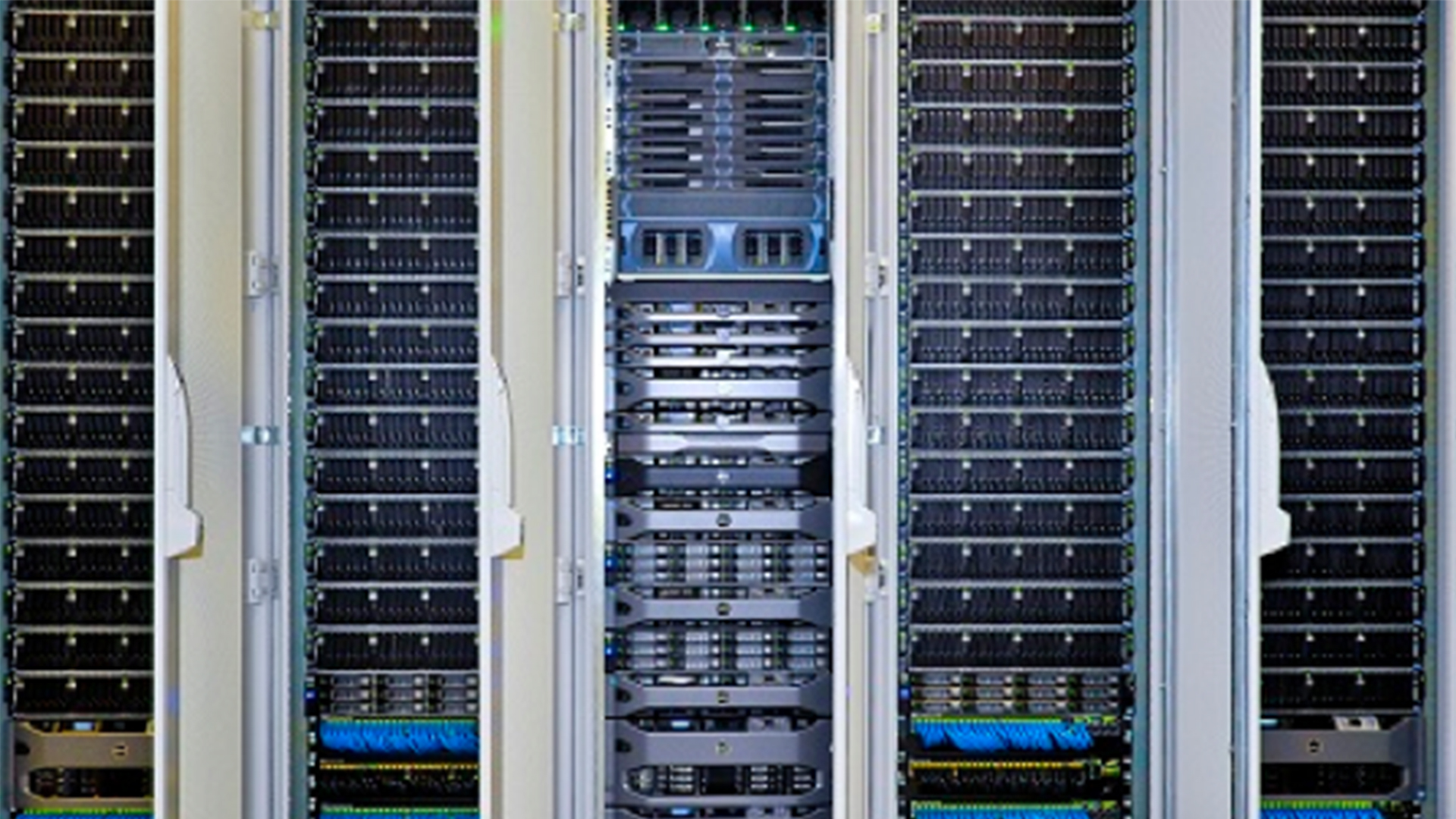
From climate modeling to infectious disease research, Colorado State University faculty and students are often on the cusp of discovery. The addition of the Riviera High Performance Computing System to the Data Science Research Institute at CSU will further expand researchers’ abilities to solve larger, and more complex problems with state-of-the-art computer hardware.
Celebration event
To commemorate the inauguration of Riviera, DSRI is holding a launch celebration Thursday, Aug. 31, at 10:30 a.m. in Weber room 201. Faculty and researchers are invited to join DSRI to commemorate this milestone in the advancement of CSU data science research.
DSRI, one of the five institutes managed by the Office of the Vice President for Research and Research Information Technology, is excited to provide the support and coordination needed to help researchers jump into what might easily be viewed as an opaque technology. Bill Carpenter, Riviera’s system administrator and data scientist, will hold office hours for consultation and introductions to the HPC system. This support, a sort of concierge computing service, is intended to make Riviera accessible to people who currently have limited experience with large computers.
The new HPC has been designed with big data-driven research and researchers in mind. The system can handle large microbiome calculations, natural language processing, machine learning and more. Specifically structured to accommodate the broad research needs of the university, DSRI built Riviera as a multi-purpose system for the interdisciplinary field of data science research. The system will be online and accessible on Sept. 1 for faculty, researchers and students.
Michael Kirby, DSRI director and professor of mathematics and computer science underlined the aspiration of building the new HPC: “We hope that the addition of Riviera will stimulate a surge in AI and other computing on campus and that more people will become involved in this exciting area. We are very grateful to the OVPR for supporting this computing initiative which will serve as a seed to grow if carefully cultivated.”
“Bringing people together with the common goal of computing with data is a natural step for the university. We hope to grow the institutional knowledge to support computing and Big Data. This system is arriving when interest in computing is really peaking, in part due to the success of large language models such as ChatGPT,” said Kirby.
Riviera is the centerpiece of DSRI’s HPC ecosystem which currently consists of 2,112 CPU cores, 20 NVIDA A100s capable of 10 petaflops of AI computing and two high memory nodes (two terabytes of RAM per node). Along with three petabytes of storage, this system will enable research to address big data problems such as bioinformatics, genetics, infectious disease and future research in pandemic preparedness and earth system science.